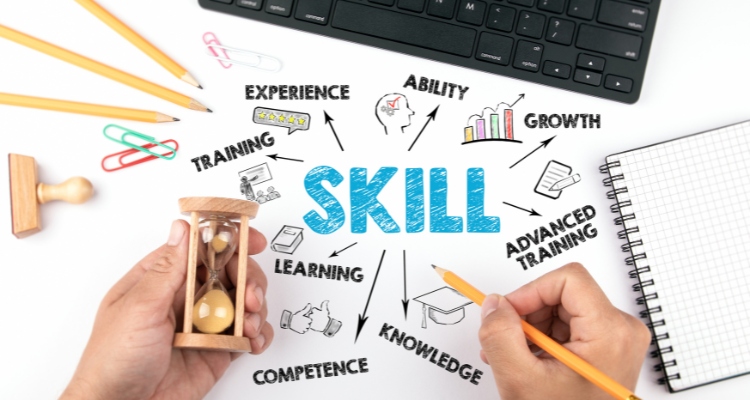In the fast-paced professional world, technical skills can only take you so far. To truly excel and build a rewarding career, developing essential soft skills—and particularly emotional intelligence—is crucial. Emotional intelligence (EI) is the ability to understand and manage your own emotions, as well as empathize with the emotions of others. This skill can significantly impact your interactions, decision-making, and overall success in the workplace.
Understanding Emotional Intelligence
Emotional intelligence is composed of five core components: self-awareness, self-regulation, motivation, empathy, and social skills. Each plays a vital role in how you navigate both personal and professional relationships.
- Self-Awareness: Being aware of your emotions and how they affect your thoughts and behavior.
- Self-Regulation: The ability to manage and control your impulses and emotions.
- Motivation: Inner drive to pursue goals with energy and persistence.
- Empathy: The capacity to understand and share the feelings of others.
- Social Skills: Proficiency in managing relationships and building networks.
Improving Self-Awareness
Self-awareness is the foundation of emotional intelligence. It enables you to recognize your strengths, weaknesses, and triggers.
- Reflect Regularly: Take time for self-reflection. Journaling can help you understand your emotional reactions and identify patterns.
- Seek Feedback: Ask trusted colleagues or mentors for constructive feedback. Use their insights to gain a deeper understanding of yourself.
- Mindfulness Practices: Engage in mindfulness activities like meditation or deep-breathing exercises to stay present and aware of your emotions.
Mastering Self-Regulation
Self-regulation involves staying in control of your emotions and impulses, especially in stressful situations.
- Pause Before Reacting: When you feel a strong emotion, take a moment to pause and breathe. This gives you time to choose a thoughtful response rather than reacting impulsively.
- Develop Coping Strategies: Identify techniques that help you manage stress, such as exercise, hobbies, or talking to a friend.
- Stay Committed to Personal Values: Use your core values as a guide for your actions and decisions, helping you maintain integrity and control.
Cultivating Motivation
Internally motivated individuals are driven, committed, and enthusiastic about their work.
- Set Personal Goals: Identify clear, achievable goals that are meaningful to you. Break them into smaller, manageable steps to maintain motivation.
- Find Your Passion: Engage in work that aligns with your interests and values. Passion fuels motivation and can make even challenging tasks enjoyable.
- Reward Yourself: Celebrate your achievements, big or small. Recognizing your progress keeps you motivated to continue striving for success.
Enhancing Empathy
Empathy allows you to build deeper, more meaningful connections with others.
- Active Listening: Practice active listening by giving your full attention to the speaker, asking clarifying questions, and reflecting on what they say.
- Observe Non-Verbal Cues: Pay attention to body language, facial expressions, and tone of voice. These can provide valuable insights into others’ emotions.
- Put Yourself in Their Shoes: Try to see situations from others’ perspectives. This helps you understand their feelings and respond with compassion.
Developing Social Skills
Strong social skills enable you to effectively communicate, collaborate, and build relationships.
- Improve Communication: Work on articulating your thoughts clearly and concisely. Use positive body language and maintain eye contact.
- Build Rapport: Take an interest in others and find common ground to connect. Small talk and shared experiences can strengthen relationships.
- Conflict Resolution: Learn to address conflicts calmly and constructively. Focus on finding solutions rather than assigning blame.
Conclusion
Developing emotional intelligence is essential for career success. By improving self-awareness, mastering self-regulation, cultivating motivation, enhancing empathy, and developing social skills, you can navigate the complexities of the workplace with confidence and ease. Emotional intelligence not only boosts your professional performance but also enriches your personal life.
Call to Action: Start working on your emotional intelligence today. What steps will you take to become more emotionally intelligent? Share your goals and experiences below!





